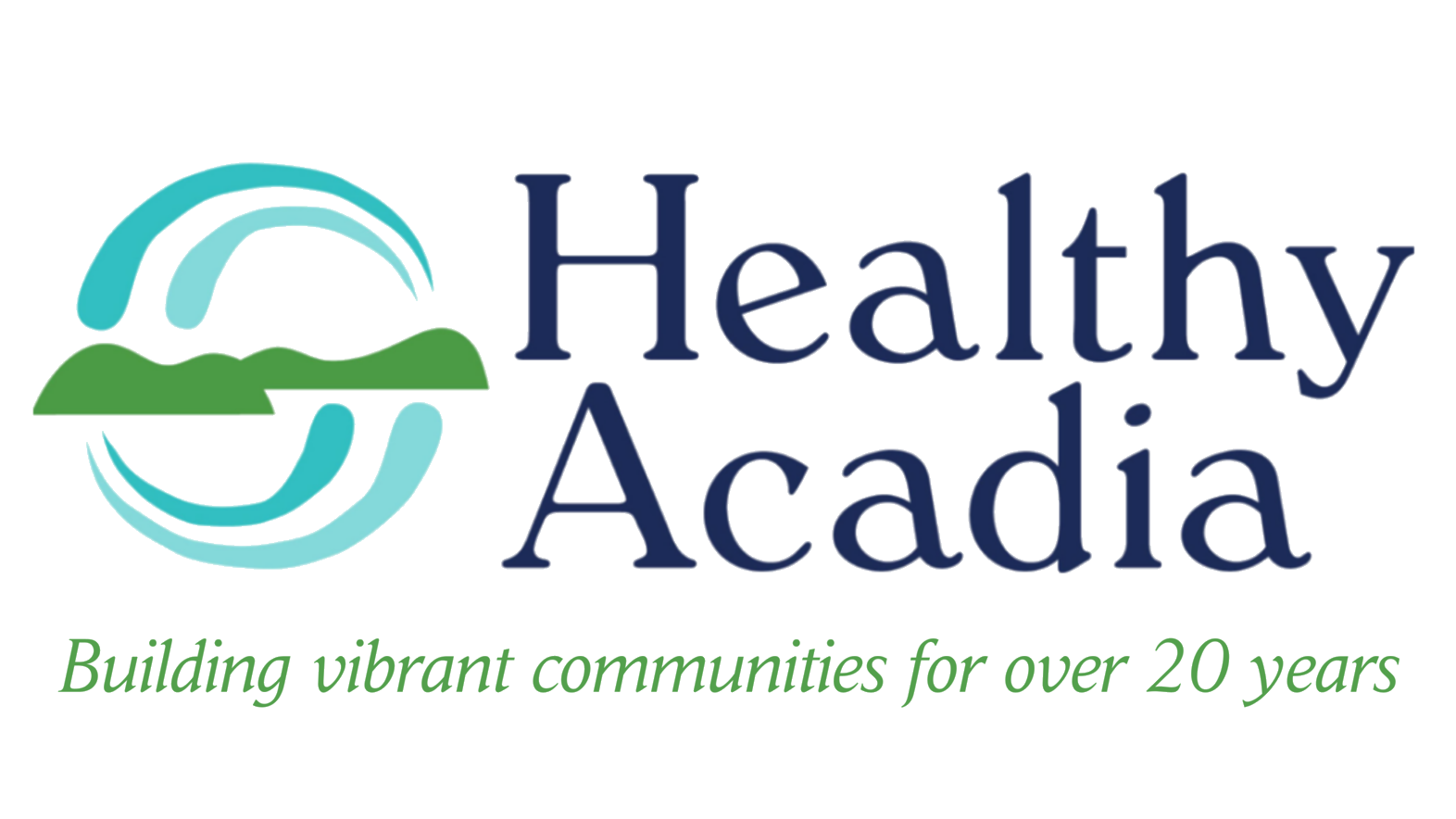Is it Time for Your Screening?
March is National Colorectal Cancer Awareness Month! During this important month, Healthy Acadia and the Colorectal Cancer Alliance (the Alliance) urge everyone to visit getscreened.org to learn more about colorectal cancer symptoms, risk factors, and screening options.
Colorectal cancer is a term that includes colon cancer and rectal cancer. Colorectal cancer is the second deadliest and fourth most common form of cancer in the U.S. Most colorectal cancers develop in people above age 50, but more than one in 10 diagnoses are in younger people. In fact, cases of young-onset colorectal cancer are rising.
An estimated 153,020 people in the U.S. will be diagnosed with colorectal cancer and 52,550 will die from the disease this year, according to the American Cancer Society. But there is some good news! Colorectal cancer is one of the most preventable cancers and is highly treatable when detected early.
Most people should begin getting screened for colorectal cancer at age 45, according to national guidelines. People at higher risk, including those with symptoms, a family history of colorectal cancer, and certain inherited genetic conditions like Lynch syndrome may need to get checked earlier. Speak with your healthcare provider about when and how to get checked.
The Alliance also provides a free screening recommendation based on your individual risk factors at quiz.getscreened.org.
To help prevent colorectal cancer or catch it early, when it’s most treatable, U.S. Centers for Disease Control and Prevention (CDC) and the Colorectal Cancer Alliance recommend the following:
● Know the risk factors and practice prevention: More than half of colorectal cancers in the U.S. are associated with lifestyle risk factors that can be changed. So, exercise regularly, maintain a healthy weight, don’t smoke, drink alcohol in moderation, and eat a diet rich in fruits, vegetables, whole-grain fiber, and calcium. Family history of colorectal cancer, certain inherited genetic syndromes, chronic inflammatory bowel diseases, and type 2 diabetes are also risk factors.
● Watch for symptoms and take action: Colorectal cancer can develop silently, so there may be no symptoms until it has advanced to later, and more deadly, stages. That’s why it’s critical to get screened. Symptoms to look for include a change in bowel habits, rectal bleeding, abdominal discomfort, weakness and/or fatigue, and unexplained weight loss. If you experience these symptoms, speak with a healthcare provider immediately.
● Get screened: Screening can prevent colorectal cancer through the detection and removal of precancerous growths called polyps. Screening can also detect cancer at an early stage when treatment is usually more successful. People at average risk should start screening at age 45, and those at higher risk may need to get checked earlier. The Alliance offers a free screening recommendation based on personal risk at quiz.getscreened.org.
This month, let’s join together and spread awareness about colorectal cancer and encourage our loved ones to get screened. By doing so, we can help prevent this disease and save lives. For more information, visit ccalliance.org or the CDC website.
